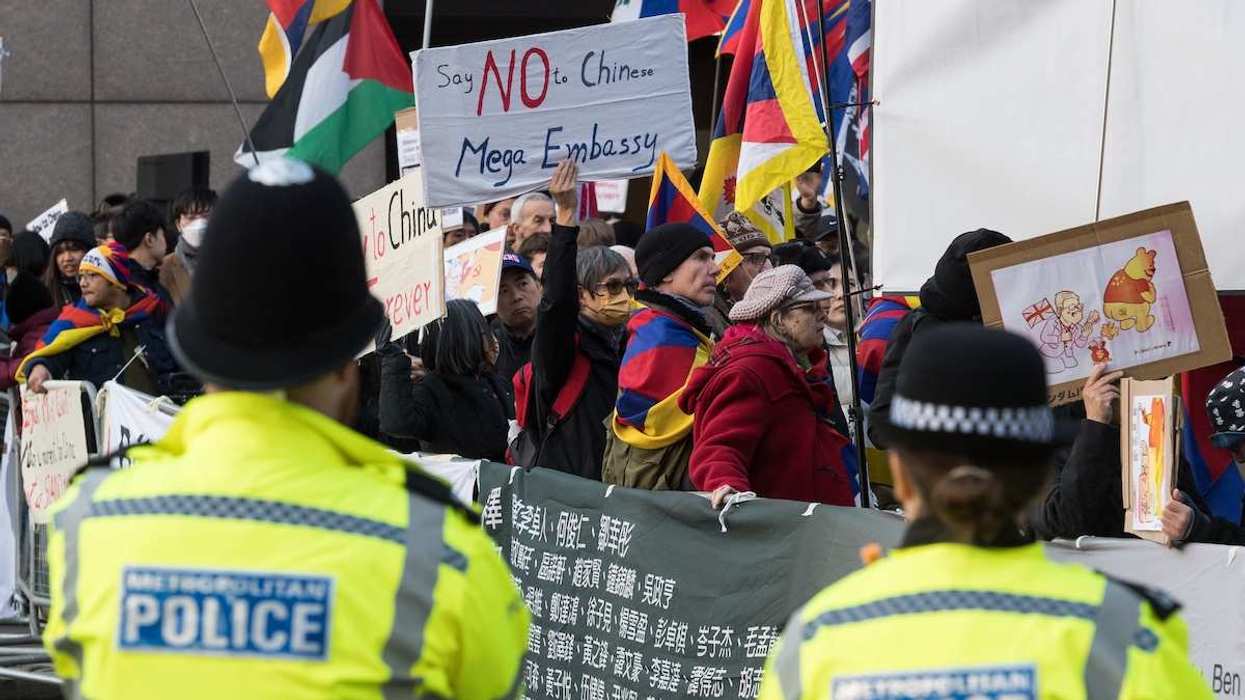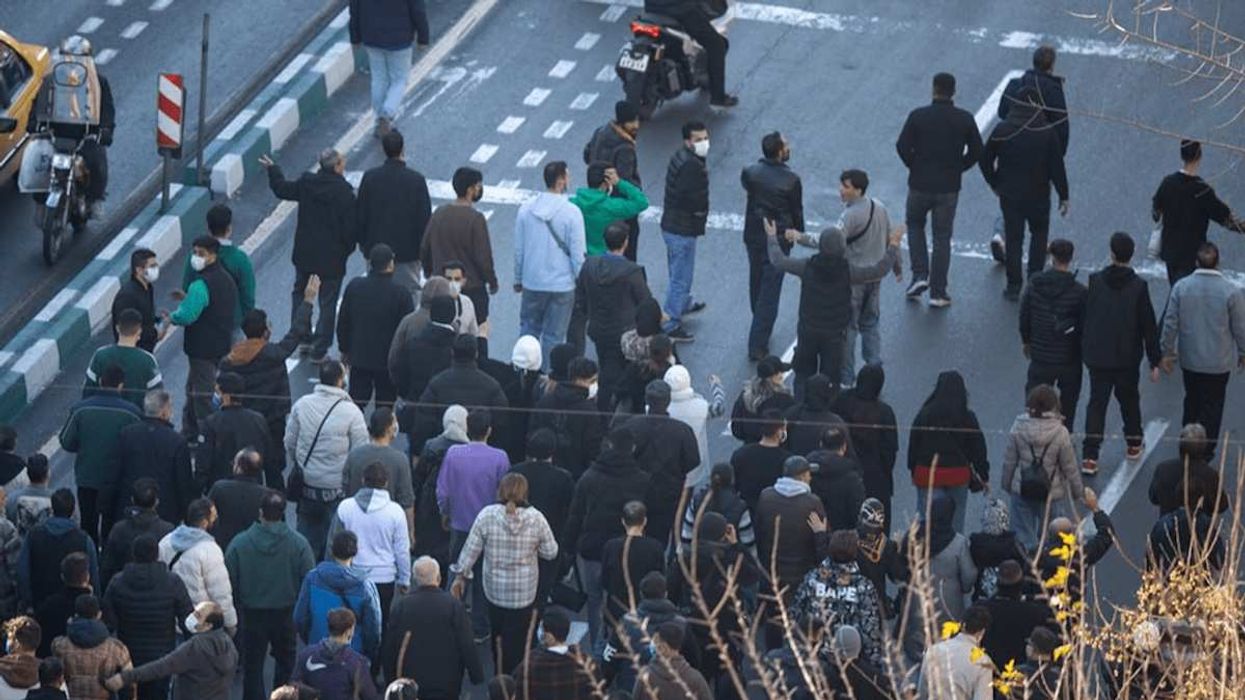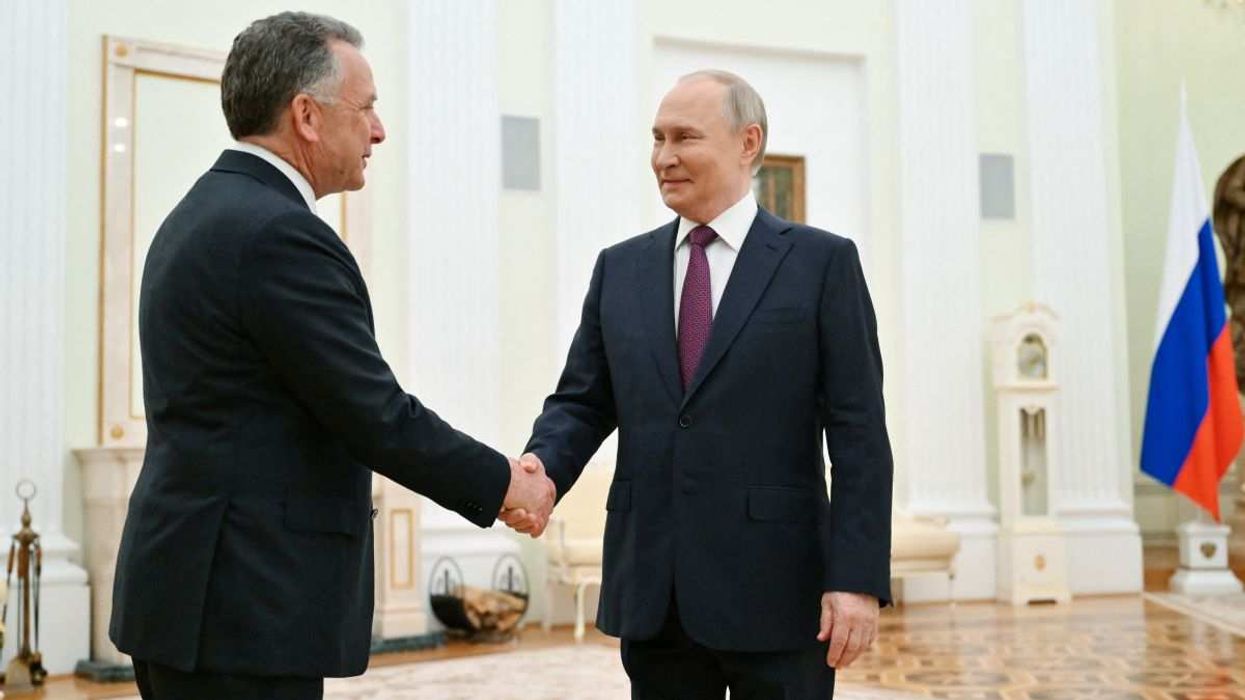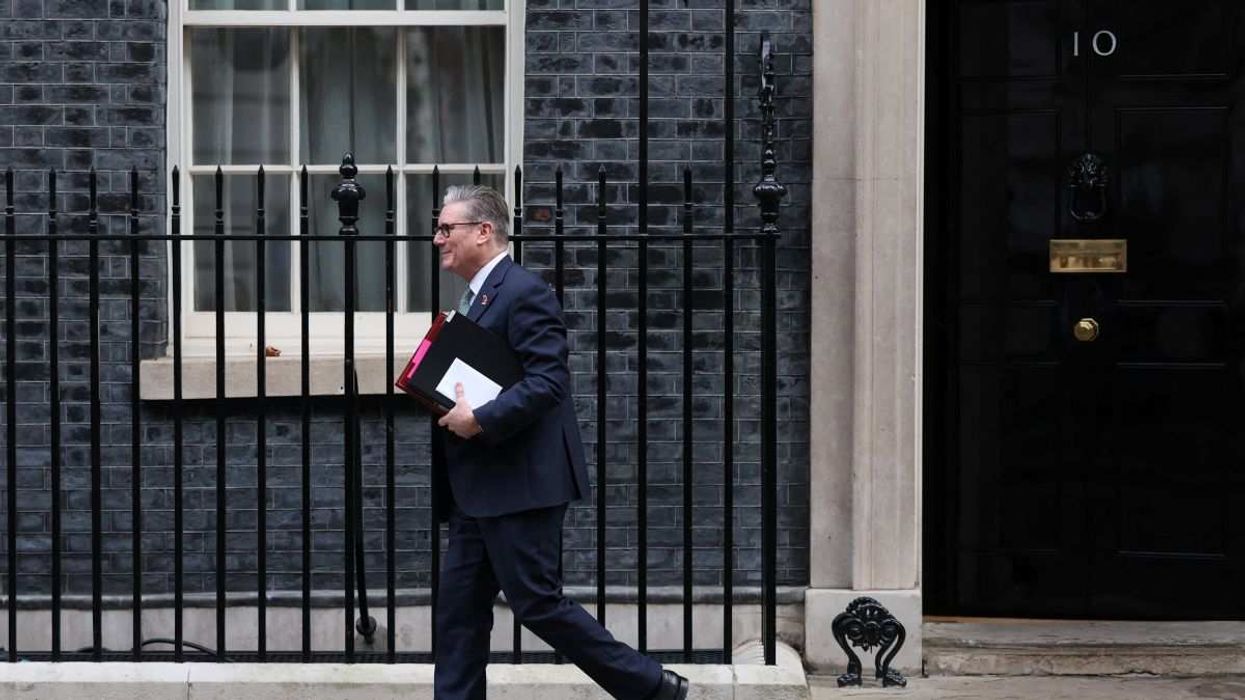What We're Watching
What We’re Watching: Starmer on thin ice, Sweden cracks down on citizenship requirements, Thailand’s ruling party wins election
In July 2024, Keir Starmer won the United Kingdom’s election in a landslide. It has been downhill ever since, with Starmer’s premiership sullied by economic stagnation, intraparty fighting, and a lack of vision for the country.
Feb 09, 2026










